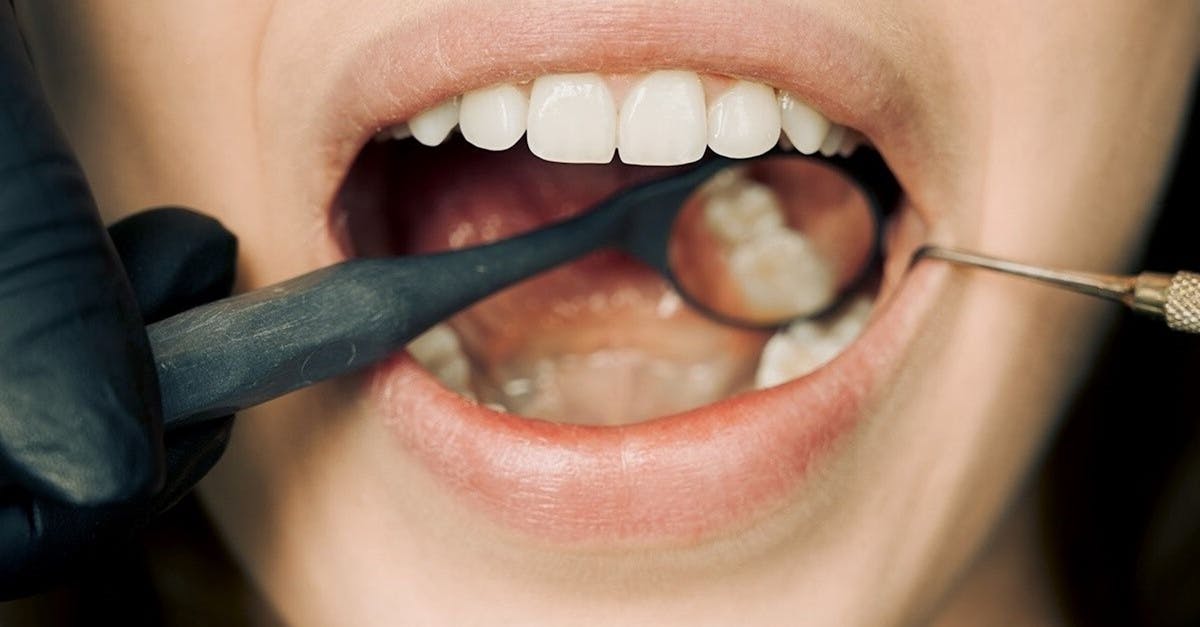Published on:
8 min read
Transform Your Smile: The Ultimate Guide to Dental Crowns
Are you looking to enhance your smile? Dental crowns are a popular solution that can improve both the aesthetics and functionality of your teeth. In this comprehensive guide, we will explore everything you need to know about dental crowns, from their purpose to the procedure involved.

What Are Dental Crowns?
Dental crowns, often referred to as caps, are custom-made covers that fit over damaged or decayed teeth. They serve multiple purposes: restoring the shape, size, and strength while improving appearance. A crown can be made from various materials such as porcelain, metal, or resin, each offering different benefits. Typically, dental crowns are used when a tooth has suffered significant decay, wear, or is cracked. They are also a common choice after root canal treatments. The process begins with your dentist assessing the damage, and if a crown is needed, they'll take impressions of your teeth to ensure a perfect fit.
The Procedure: What to Expect
Getting a dental crown usually requires two visits to your dentist. During the first visit, the dentist prepares the tooth by cleaning and reshaping it. This may involve removing some of its structure to make room for the crown. After preparation, impressions are taken, which are used to create a custom crown in a dental lab. In the meantime, a temporary crown might be placed to protect the tooth. On your second visit, the temporary crown is removed, and the permanent crown is fitted and cemented in place. The process is typically straightforward and helps ensure a natural look and comfortable fit.
Benefits and Care for Dental Crowns
Dental crowns offer numerous benefits, including restoring functionality and boosting confidence by enhancing your smile. They can last many years, often over a decade, with proper care. To maintain your dental crown, it's vital to practice good oral hygiene: brush your teeth at least twice daily, floss regularly, and visit your dentist for check-ups. Avoiding hard foods can also help preserve the crown's integrity. Many people report improved chewing ability and reduced sensitivity after getting crowns. This restoration not only revitalizes your smile but can also improve your overall dental health.
Conclusion
In conclusion, dental crowns can be a transformative solution for damaged teeth, providing both aesthetic and functional benefits. If you're considering this option, consult with your dentist to discuss your specific needs and potential outcomes. With the right information and care, you can achieve a smile that boosts your confidence and contributes to your overall well-being.
Published on .
Share now!










